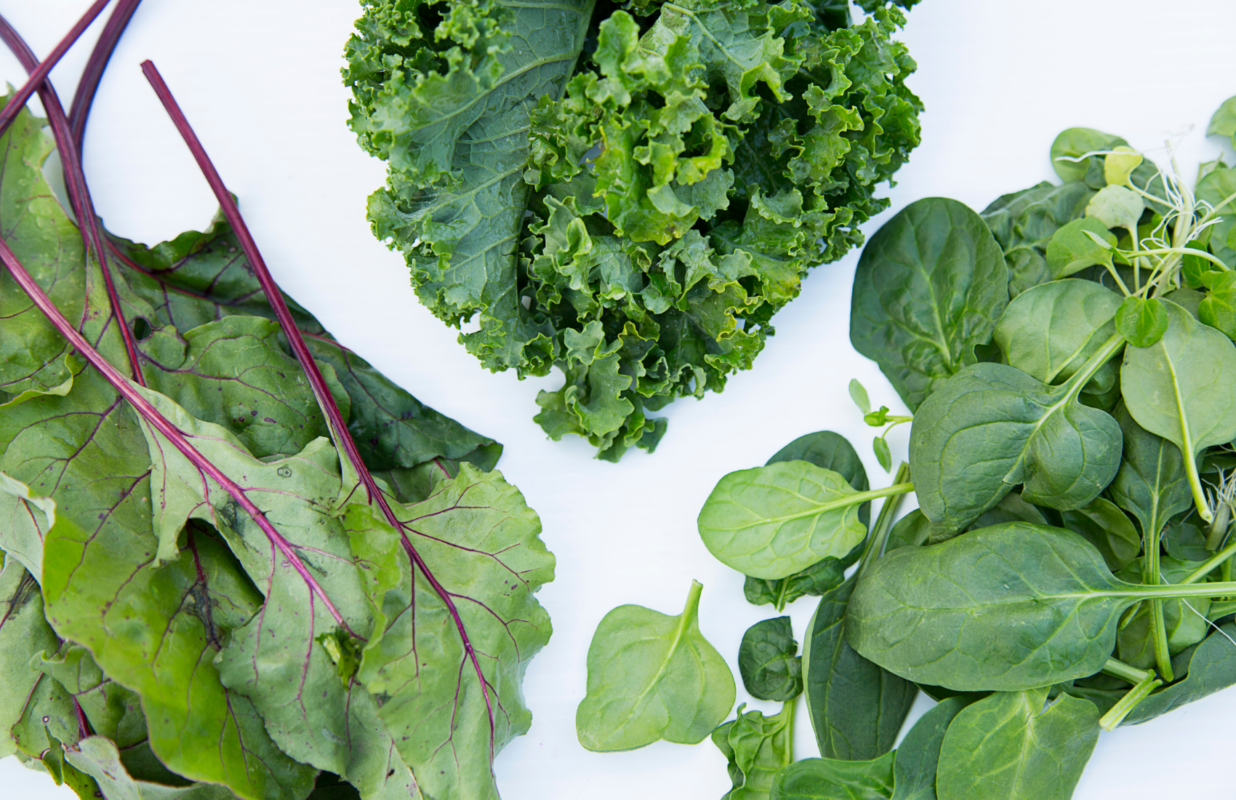Uncategorized
Spinach versus Kale: What is the difference?
Both spinach and kale are nutritional powerhouses from different plant families and have several health advantages. Considering their numerous similarities, they have a few key differences.
This blog compares spinach and kale’s nutritional properties and advantages to decide which is healthier.
Health Benefits
Both are high in antioxidants, which protect your cells from oxidative damage and help you avoid chronic illness. They’ve also improved heart health by lowering cholesterol and blood pressure, two heart disease risk factors. According to research, both include cancer-fighting chemicals, which have been demonstrated to reduce cancer cell development and spread.
Kale and spinach are both low-calorie leafy greens that are packed with micronutrients. Adding kale and spinach to your diet can also help you lose weight because they’re low in calories but high in nutrients.
They’re both high in vitamin K, necessary for proper blood clotting and bone growth. They’re also high in vitamin C, vital for immune functioning and disease prevention.
Both include fibre and a variety of other essential vitamins and nutrients, such as riboflavin, calcium, and vitamin A at various levels.

Spinach versus Kale – The Differences
There are some similarities between spinach and kale in terms of nutritional content, but there are also significant distinctions. Spinach, for example, has more vitamin A, vitamin K, and folate, whereas kale has more than double the amount of vitamin C as spinach.
Goitrin is a chemical found in kale, which can disrupt thyroid function. Getting adequate iodine and heating kale before eating it can help prevent any damaging effects. Kale contains lutein and zeaxanthin, two minerals related to a lower risk of eye diseases.
Oxalate is found in spinach, which inhibits calcium content in the body and may lead to the production of kidney stones. Lutein, kaempferol, quercetin, nitrates and zeaxanthin are among the plant chemicals found in spinach that can help with health.

